Question And Answer
Publications
Articles, publications, books, tools and multimedia features from the U.S. Institute of Peace provide the latest news, analysis, research findings, practitioner guides and reports, all related to the conflict zones and issues that are at the center of the Institute’s work to prevent and reduce violent conflict.
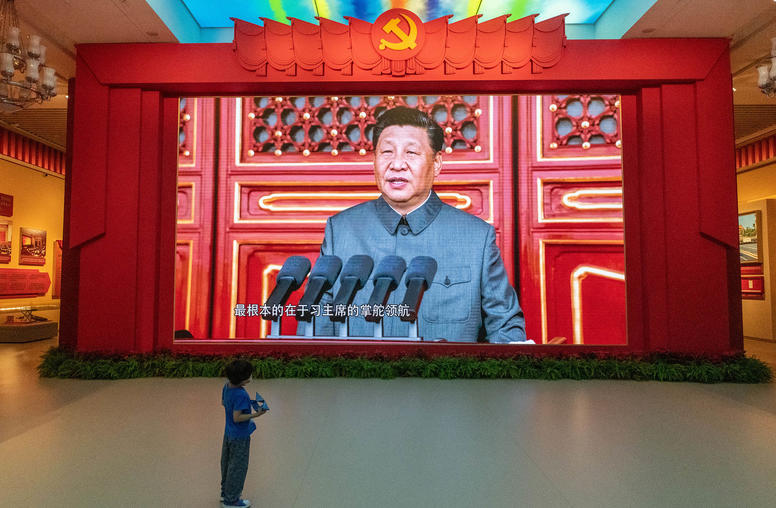
China After the Party Congress: Welcome to Xi’s People’s Republic of Control
Beijing has just played host to the 20th Congress of the Chinese Communist Party (CCP). The gathering’s significance is considerable, witnessing not only the recoronation of Xi, but also a generational turnover of CCP leadership and a topline articulation of the party’s accomplishments to date and its priorities for the next five years.
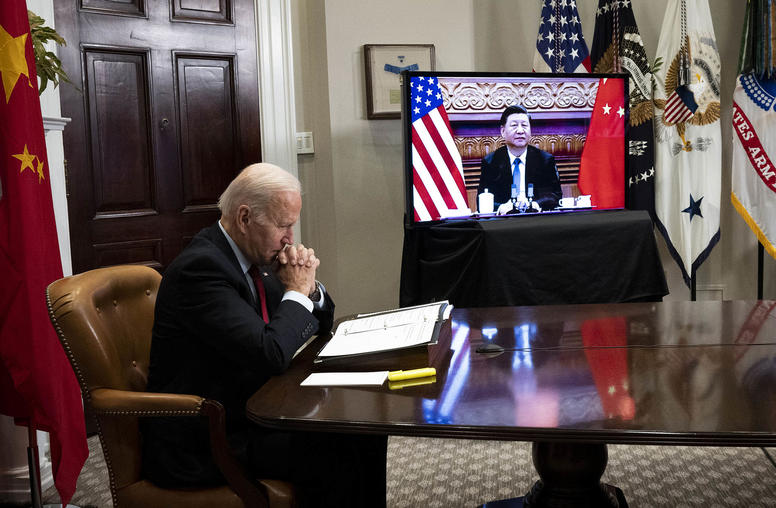
Misreading Biden in Beijing: Perception is Everything in U.S.-China Relations
Beijing’s strong reaction to U.S. Speaker of the House Nancy Pelosi’s August visit to Taiwan highlights how the island has become ground zero in major power competition, with U.S.-China relations at their lowest point in decades. Indeed, the Taiwan Strait is now the most plausible locale for a military confrontation between the United States and China. Most alarmingly, Beijing and Washington are prone to misread the signals of the other, especially where Taiwan is concerned. Misinterpreting rhetoric or actions can be extremely dangerous because it can trigger action-reaction cycles that can spiral into unintended escalation and unwanted conflict.
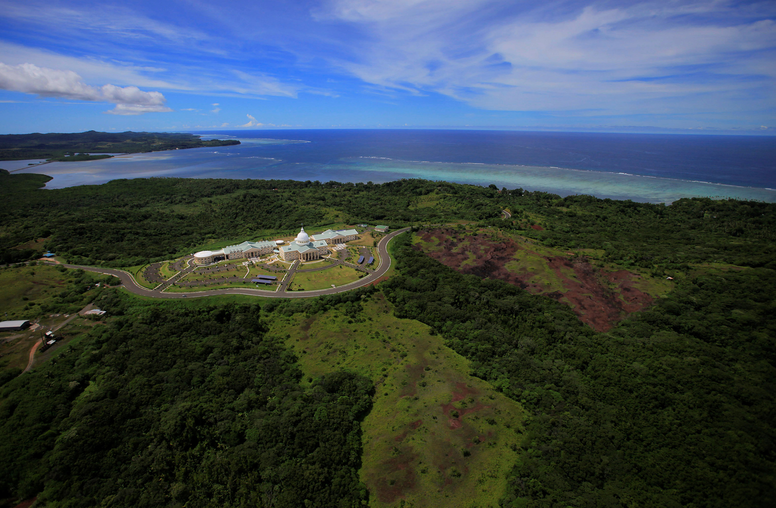
China’s Influence on the Freely Associated States of the Northern Pacific
Around the world, Beijing is investing heavily in diplomatic, security, cultural, and economic ties in a bid to increase its global influence, strengthen its ability to protect and advance its national interests, attract support in multilateral fora and international institutions, and fracture the global consensus on key issues it views as unfavorable to its geopolitical ambitions. The Pacific Islands region—defined as the vast stretch of Pacific Ocean between Asian littoral waters in the west, Guam in the north and Hawaii in the northeast, and Australia and New Zealand in the south and southwest—has been no exception.
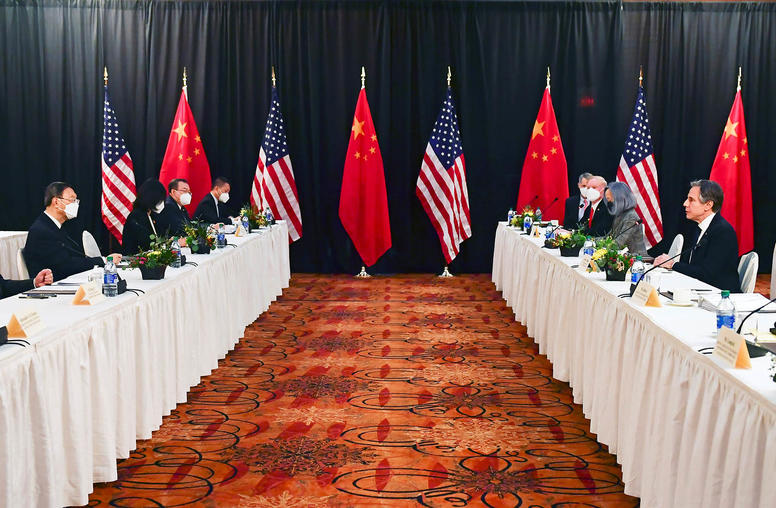
US-China Signaling, Action-Reaction Dynamics, and Taiwan: A Preliminary Examination
The United States and China have found it challenging in recent years to interpret one another’s foreign policy signals vis-à-vis Taiwan. Misinterpretation of the signaling may contribute to a cycle of actions and reactions that can inadvertently elevate bilateral tensions to the point of crisis or even war in the Taiwan Strait. This report, co-authored by three USIP experts and three experts from China’s Shanghai Institutes for International Studies, examines the challenges to clear and unambiguous US-China communications over Taiwan and provides preliminary recommendations for overcoming them.
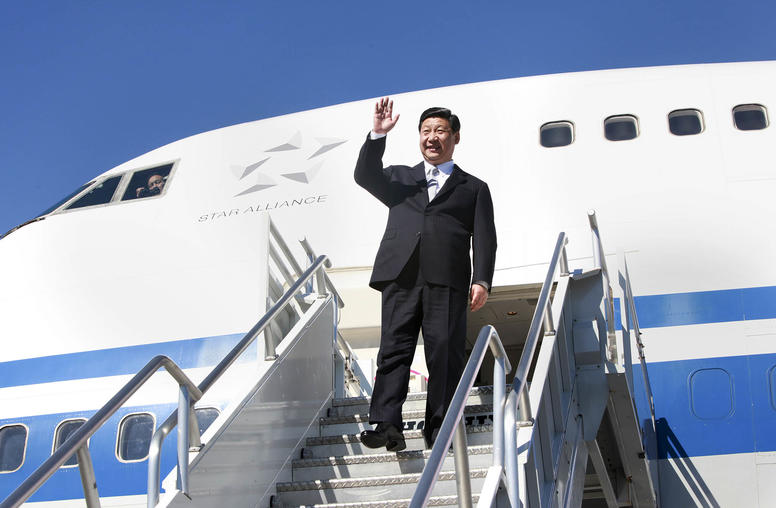
Will Xi or Won’t Xi: Is China’s Leader Heading to Saudi Arabia?
Last month witnessed considerable media speculation that Chinese leader Xi Jinping would soon visit Saudi Arabia in what would be his first trip overseas in two and a half years. However, this trip has yet to materialize. As the recent visit by a senior U.S. congressional leader to Taiwan reminds us, not every high-level government visit is necessarily publicly announced ahead of time. While it appears that Xi will make his first foreign trip since the onset of COVID-19 pandemic for the Shanghai Cooperation Organization (SCO) meeting in Uzbekistan on September 15, it’s worth exploring what these swirling rumors of an imminent Xi trip to Riyadh mean.

What Pelosi’s Trip to Taiwan Tells Us about U.S.-China Relations
This week witnessed the visit of the most senior elected American official to the island of Taiwan in a quarter century — a visit surrounded in controversy and unfolding against the backdrop of an increasingly fraught U.S.-China relationship.
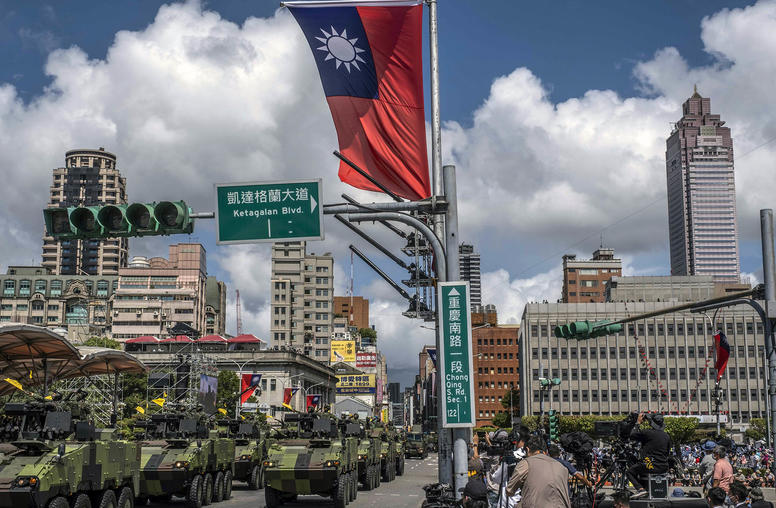
The United States and China: Who Changed the ‘Status Quo’ over Taiwan?
Taiwan has been the perennial problematic issue in U.S.-China relations for decades. President Biden’s comments during a recent trip to East Asia put that in stark relief. When asked if the United States would be willing to “militarily defend” Taiwan if China were to invade, Biden said, “Yes, that’s the commitment we made.” Administration officials later appeared to walk back the president’s comments. But Beijing reacted forcefully, conducting military drills close to the island and with numerous Chinese officials condemning the comments. Most recently, at the Shangri-La Dialogue earlier this June, Chinese Defense Minister Wei Fenghe warned that the People’s Liberation Army will “fight to the very end” if Taiwan dares to “secede” from China. Beijing’s vociferous reaction to Biden’s comments underscores how contentious the Taiwan issue remains and how easily tensions can flare.
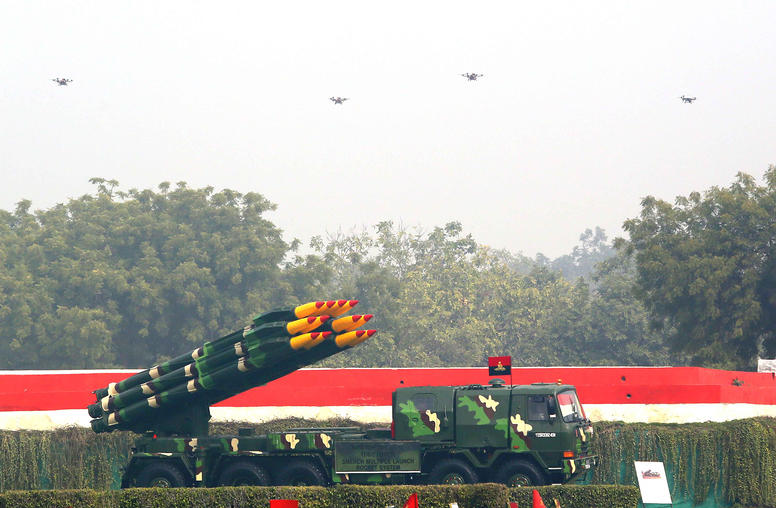
Our Next ‘Unthinkable’ Crisis: Nuclear War in Asia?
Our world’s spate of disasters so recently unimaginable — European cities pulverized by war, Earth’s decaying climate or 6 million dead from pandemic disease — evokes a national security question: What other “unthinkable” crises must American citizens and policymakers anticipate? A singular threat is warfare around our planet’s one spot where three nuclear-armed states stubbornly contest long-unresolved border conflicts. Largely unnoted in national security news coverage, the conflicts embroiling China, India and Pakistan are growing more complex and dangerous. A USIP study shows the urgency for U.S. policymakers of working to reduce the risks.

China, India and Pakistan: Tenuous Stability Risks Nuclear War
Over the past decade, long-standing disputes between the nuclear-armed states of Southern Asia have repeatedly veered into deeper hostility and violence. These regional developments reflect and reinforce new and significant geopolitical shifts, starting with the global strategic competition between China and the United States. In Southern Asia, relations between the United States and Pakistan have frayed even as U.S.-India and China-Pakistan ties have strengthened. The region now faces deepening and more multifaceted polarization. Global competition adds fuel to regional conflict and reduces options for crisis mediation.

Andrew Scobell on Comparing Russia-Ukraine to China’s Aggression Toward Taiwan
While there are similarities between Russia’s invasion of Ukraine and China’s aggression toward Taiwan, USIP’s Andrew Scobell says the two situations are markedly different upon closer inspection: “Russia also likes to flout international norms [while] China largely pretends to be playing by them.”